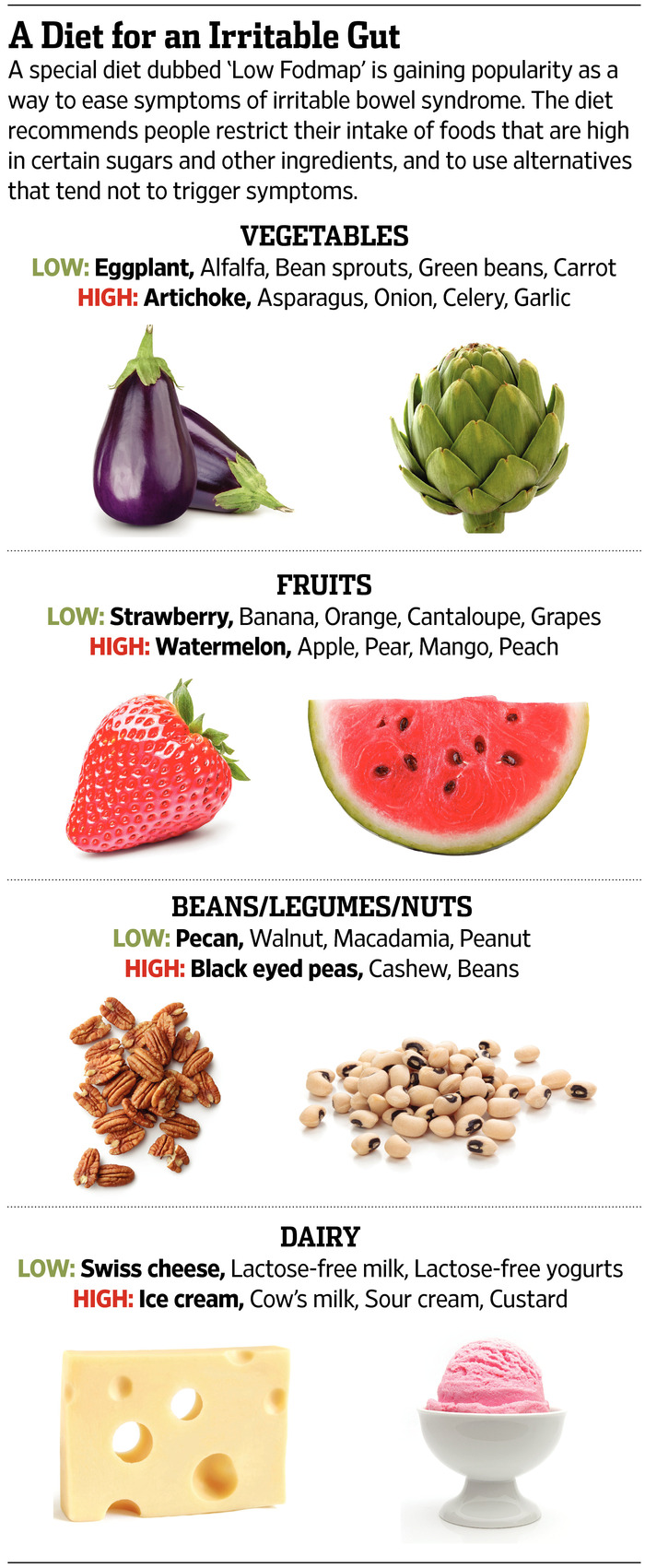What Lifestyle Changes Can Help With IBS?
2 min read
Lifestyle changes can play a significant role in managing Irritable Bowel Syndrome (IBS) and alleviating its symptoms. Individuals living with IBS often find that adjusting their daily habits, diet, and stress management techniques can improve their overall well-being. Making thoughtful lifestyle changes can reduce discomfort and also help individuals lead a more comfortable life. A balanced approach to IBS treatment in Dubai often includes adjustments that address both the mind and body.
Dietary modifications:
One of the most significant lifestyle changes for managing IBS is adjusting your diet. Certain foods can trigger or worsen IBS symptoms, including fatty foods, dairy, caffeine, and processed foods. Adopting a low-FODMAP diet—one that eliminates foods high in fermentable carbohydrates—can reduce bloating, gas, and discomfort. Keeping a food diary to track your meals and any corresponding symptoms can help identify individual food triggers. It’s also important to eat smaller, more frequent meals rather than large portions, which can overwhelm your digestive system.
Stay hydrated:
Drinking enough water throughout the day is important for digestive health. Proper hydration can help keep things moving in the gut, particularly for those dealing with IBS-related constipation. Aim for at least 8 glasses of water daily, and limit sugary or caffeinated beverages, as they can irritate the digestive system. Herbal teas such as peppermint or ginger can also have soothing effects on the gut and may help ease symptoms of IBS.
Regular physical activity:
Exercise is beneficial for your overall health and can also help alleviate IBS symptoms. Regular physical activity promotes healthy digestion by encouraging the movement of food through the digestive tract and reducing stress, a known trigger for IBS flare-ups. Activities such as walking, swimming, or yoga can help reduce abdominal discomfort and bloating. Aim for at least 30 minutes of moderate exercise most days of the week to support gut health.
Get adequate sleep:
Poor sleep can exacerbate IBS symptoms, so it’s important to establish a healthy sleep routine. Aim for 7-9 hours of quality sleep each night, and try to maintain a consistent sleep schedule. Poor sleep can disrupt the digestive process and lead to increased symptoms of IBS, so considering rest can help improve your symptoms over time.
Making lifestyle changes is an essential part of managing IBS and improving your quality of life. By adjusting your diet, staying hydrated, exercising regularly, managing stress, and getting enough sleep, you can significantly reduce the frequency and severity of IBS symptoms. These lifestyle changes, when combined with appropriate IBS treatment, can provide long-term relief and help you lead a more comfortable life.



